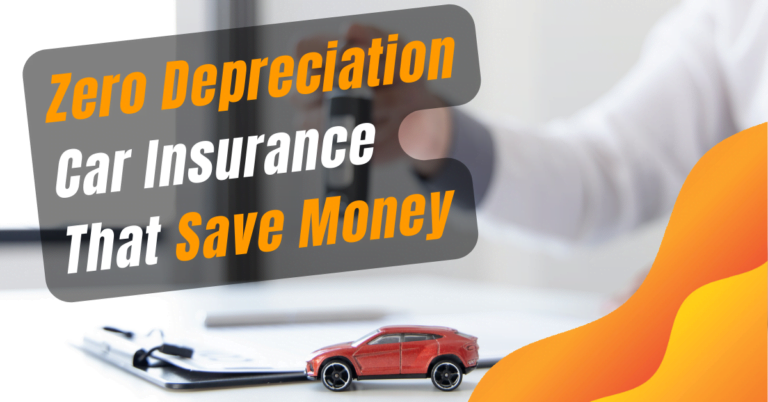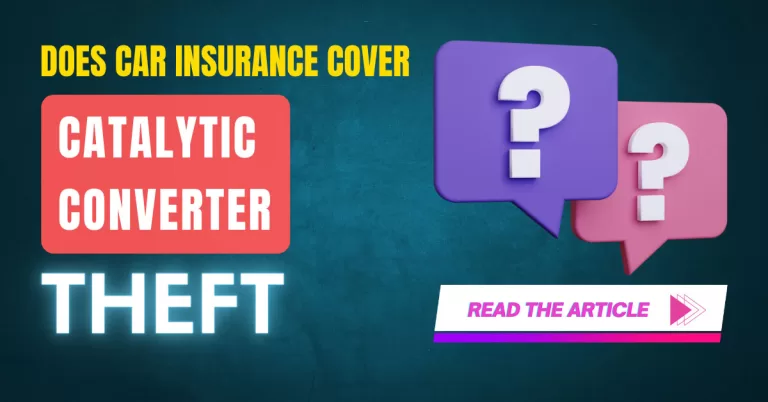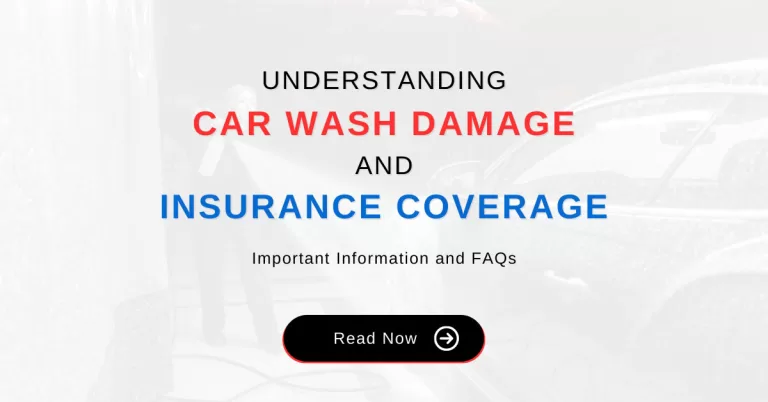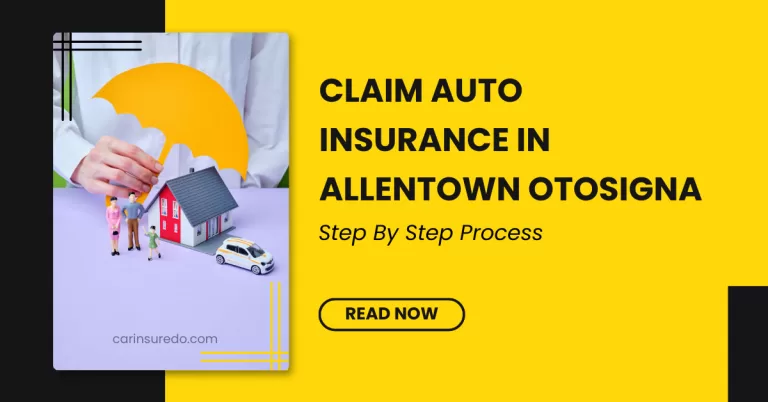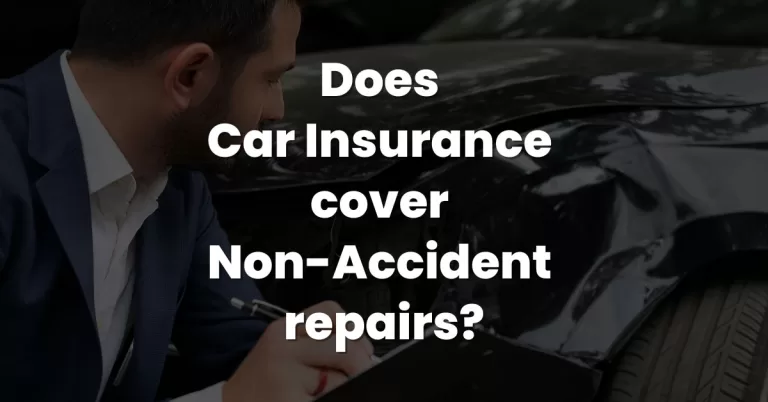13 Types of Car Insurance That You Need To Know in 2024
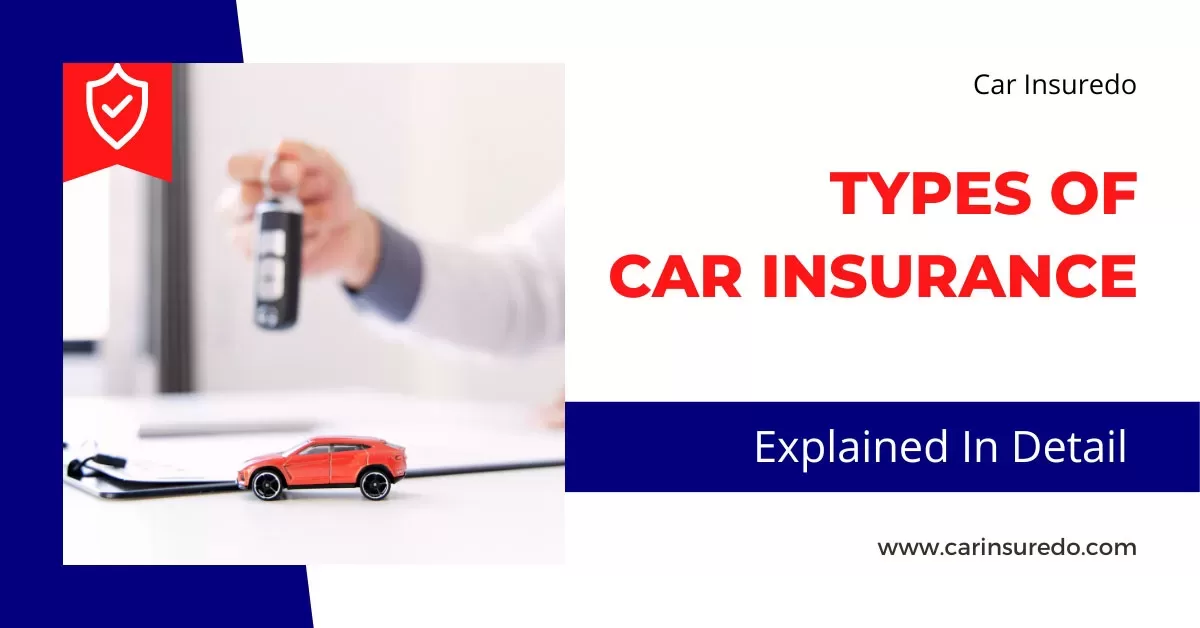
Car insurance is essential to owning and driving a vehicle as it provides financial protection in case of accidents, theft, or damage to your car. Navigating through the various types of car insurance can be overwhelming.
Still, this comprehensive guide will help you understand the various types of car insurance coverage available so that you can make an informed decision.
Types of Car Insurance in 2024
Car insurance is more than a lawful requirement; it safeguards your investment and protects you from unexpected expenses. With numerous coverage options available, it’s important to understand each type and its benefits.
This comprehensive guide will discuss the different types of car insurance coverage, including liability coverage, collision coverage, comprehensive coverage, uninsured/underinsured motorist coverage, medical payments coverage, personal injury protection (PIP), gap insurance, rental reimbursement coverage, towing and labor coverage, modified car insurance, classic car insurance, usage-based insurance, and non-owner car insurance.
Liability Coverage
Liability coverage is the most fundamental and necessary type of car insurance. It covers the costs associated with property damage or injuries to others if you are at fault in an accident. Liability coverage typically includes two components: bodily injury liability and property damage liability.
Bodily injury liability covers the medical expenses, lost wages, and legal fees for the other party affected in the accident. In contrast, property damage liability covers the repair or replacement costs of the other party’s damaged property.
Collision Coverage
Collision coverage protects your vehicle against damages in case of a collision with another car or object, regardless of fault. This coverage helps cover the repair or replacement costs of your car. It is especially beneficial if you own a newer or more expensive vehicle.
Comprehensive Coverage
Comprehensive coverage protects your automobile against damages caused by incidents other than collisions. This includes theft, vandalism, natural disasters, falling objects, and animal collisions.
Comprehensive coverage covers your vehicle’s repair or replacement costs up to its real cash value. Comprehensive coverage is essential if you live in an area prone to theft or severe weather conditions.
Uninsured/Underinsured Motorist Coverage

Uninsured/Underinsured Motorist (UM/UIM) coverage comes into play when you are involved in a casualty with a driver who either doesn’t have insurance or has insufficient coverage. It helps cover your medical expenses and damages caused by an uninsured or underinsured driver.
This coverage protects you even if the other driver cannot provide compensation.
Medical Payments Coverage
Medical Payments coverage, or MedPay, covers medical costs for you and your passengers, regardless of who is at fault in an accident. It can help with hospital bills, doctor visits, surgery, and other medical costs.
MedPay provides additional financial protection for you and your loved ones in case of injuries resulting from a car accident.
Personal Injury Protection (PIP)
Personal Injury Protection (PIP) coverage is similar to Medical Payments coverage but provides more extensive benefits. PIP covers not only medical expenses but also lost wages, rehabilitation costs, and even funeral expenses. It is required in some states and offers broader coverage than MedPay.
PIP ensures you receive the necessary support and financial assistance to recover from injuries sustained in a car accident.
Gap Insurance
Gap insurance is essential for individuals who lease or finance their vehicles. It covers the difference between the actual cash value of your car and the amount you owe on your lease or loan in the event of a total loss.
When a car is stolen or totaled, the insurance payout is based on the vehicle’s actual cash value. However, if you owe more on your lease or loan than the car is worth, gap insurance ensures you are not financially burdened.
Rental Reimbursement Coverage
Rental Reimbursement coverage is an optional add-on that covers the cost of a rental car while your car is being repaired due to a covered claim. It ensures that you have alternative transportation during the repair period.
Rental Reimbursement coverage can provide convenience and peace of mind, allowing you to continue your daily activities even when your car is temporarily out of commission.
Towing and Labor Coverage
Towing and Labor coverage assists if your car breaks down or needs roadside assistance. It covers the cost of towing your vehicle to a repair shop and may include other services like battery jump-starts, tire changes, and fuel delivery.
This type of coverage ensures you have support and help readily available in case of unexpected breakdowns or emergencies.
Modified Car Insurance
Standard car insurance may not provide adequate coverage if you have made significant modifications to your car, such as adding custom parts or enhancements. Modified Car Insurance is designed specifically for such vehicles and covers your changes.
It ensures that the value and uniqueness of your modified car are protected in case of accidents, theft, or damage.
Classic Car Insurance
Classic Car Insurance is tailored for vintage or classic cars usually used for recreational purposes and not driven regularly. It provides specialized coverage to protect the unique value of these cars, considering factors like limited mileage and agreed-upon values.
Classic Car Insurance acknowledges classic cars’ sentimental and historical significance and provides coverage that aligns with their specific needs.
Usage-Based Insurance
Usage-Based Insurance (UBI) is a relatively new type of car insurance that utilizes telematics technology to monitor driving behavior. It offers personalized rates based on mileage, speed, braking, and time of day.
Safe drivers can benefit from lower premiums through UBI programs. This type of insurance encourages safe driving habits and rewards responsible motorists with more affordable coverage options.
Non-Owner Car Insurance
Non-Owner Car Insurance is for individuals who frequently borrow or rent cars but do not own one. It provides liability coverage when driving a vehicle that you don’t own. Non-Owner Car Insurance benefits people who rely on car-sharing services or often borrow vehicles from friends or family. It ensures you are protected and covered even when driving a car not registered in your name.
Conclusion
Understanding the various types of car insurance coverage is crucial for protecting yourself and your vehicle on the road. Each type fits a specific purpose and provides varying levels of protection.
Assess your needs, budget, and driving habits to determine the proper coverage. Remember to review and compare insurance policies from different providers to find the best fit for your requirements.
FAQs
Is car insurance mandatory?
Yes, car insurance is mandatory in most states to legally drive a car on public roads. The minimum required coverage varies by state.
What factors affect car insurance premiums?
Insurance premiums are influenced by factors such as your driving record, age, location, type of vehicle, coverage level, and deductible amount.
Can I switch car insurance providers?
Yes, you can switch car insurance providers at any time. It’s advisable to compare quotes and coverage options before making a decision.
How can I lower my car insurance premiums?
You can lower car insurance premiums by maintaining a clean driving record, bundling policies, raising deductibles, or qualifying for discounts.
What should I do after a car accident?
After a car accident:
Ensure everyone is safe.
Call emergency services if necessary.
Exchange information with the other party.
Document the scene.
Notify your insurance provider.

